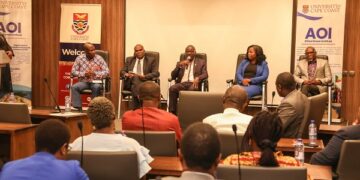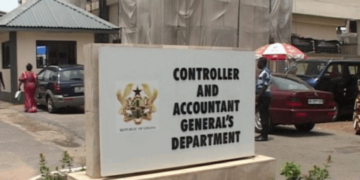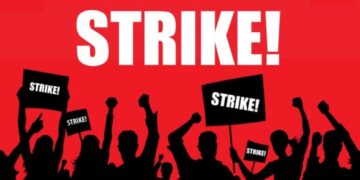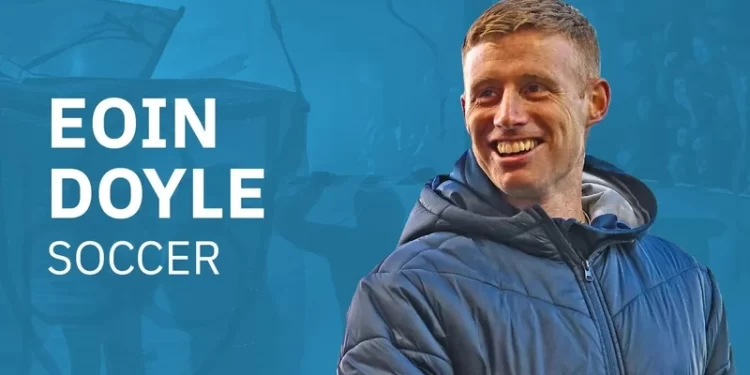Drogheda case as confusing as it is devastating
Just days before the UEFA Conference League draw, Drogheda United find themselves shrouded in confusion and not because of tactics or performance. This confusion stems from legalities in UEFA’s boardrooms, making the Drogheda case as confusing as it is devastating. Despite securing European qualification, Drogheda are now reportedly barred from competing, which feels both bizarre and deeply unjust. The root of the issue lies in UEFA’s rules on multi-club ownership. Drogheda are owned by Trivela Group, who also hold stakes in English side Walsall and Denmark’s Silkeborg If the latter having also qualified for the same European competition.
ICYMI: Spain star delivers scathing criticism after being left out of EURO 2025 squad
Ownership Conflicts and UEFA’s Integrity Rule
UEFA strictly prohibits clubs with shared ownership from participating in the same European tournament to maintain sporting integrity. With Silkeborg confirmed for Europe, Drogheda’s place is now uncertain, even though they earned it on the field. They’re not alone in this situation either—Crystal Palace face a similar dilemma due to their FA Cup success and John Textor’s business connections with Lyon, another European qualifier. Although this rule isn’t new, its strict enforcement appears to be gaining momentum. Yet, this isn’t applied uniformly. Bigger clubs with more financial clout seem to navigate the same rules with ease.
Double Standards in European Football?
Manchester City, Manchester United, and Nottingham Forest have all maintained complex ownership webs across Europe without facing similar sanctions. These clubs often use legal loopholes such as share dilution, blind trusts, or corporate restructuring. So, why haven’t Drogheda or Palace done the same? In Palace’s case, a European berth might’ve been so unlikely that planning wasn’t a priority. But Drogheda had time since November’s FAI Cup win to sort this out. That raises uncomfortable questions. Trivela has led Drogheda through a revival, returning to full-time football, improving infrastructure, and aiming for a new stadium. The club has made real progress under Kevin Doherty.
Failure to Prepare or a Shifting Landscape?
If the deadline to restructure ownership was in March, why wasn’t action taken? Was Trivela unaware? If so, who failed to communicate this—UEFA, the FAI? Or was Drogheda simply expected to figure it out alone? Trivela’s professionalism makes it hard to believe they’d miss something this critical. This leads to the possibility that UEFA’s enforcement standards have changed, with Drogheda being the unfortunate test case. But the implications go deeper. Club licensing depends on projected revenues, including European earnings. If Drogheda are denied those funds due to administrative issues, they could even face domestic licensing troubles.
A Story That Should Have Been About Triumph
For Kevin Doherty and his squad, it’s a crushing blow. They fought hard for a European spot, only to see it potentially vanish due to bureaucracy. This should have been Drogheda’s fairytale a smaller club earning its moment on the continental stage. Instead, it’s become a lesson in legal red tape and administrative roadblocks. No matter what the Court of Arbitration for Sport decides on Monday, the broader issue of multi-club ownership is once again front and center. If Drogheda are excluded, it’s not just a sporting tragedy but a troubling sign of inconsistent rule enforcement especially when clubs under the Red Bull umbrella continue competing across Europe with little issue.

























